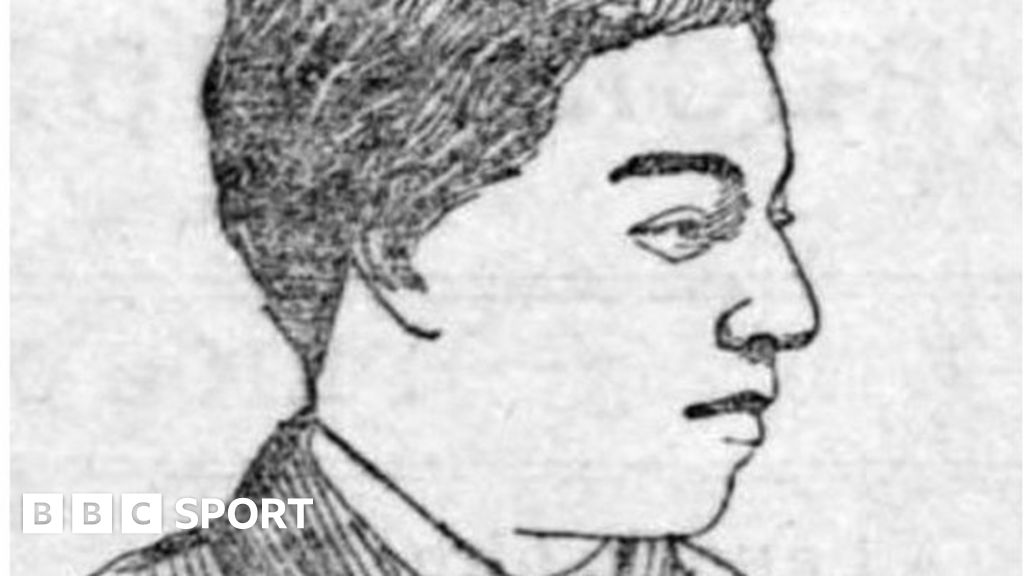After moving to England with his elder sister Annetta, Watson attended Heath Grammar School in Halifax, West Yorkshire, and went on to study at King’s College, London, as well as Glasgow University.
Aged 21, he drew on an inheritance of £6,000, plus interest, left to him following his father’s death. The sum would be worth around £700,000 today. He invested some of the money in his football club, Parkgrove, as well as in a wholesale warehouse business.
After moving on to Queen’s Park, where he won three Scottish Cups, The Scottish Athletic Journal profiled Watson in 1885 under the headline: ‘Modern Athletic Celebrities’.
Like many such articles about him, he is described as “first-class” and is said to “play a sterling honest game”. But unlike other reports of the time, there is reference to abuse he had to contend with:
“Although on more than one occasion subjected to vulgar insults by splenetic, ill-tempered players, he uniformly preserved that gentlemanly demeanour which has endeared him to opponents as well as his club companions.”
To those who have researched Watson, it gives a telling insight into what he had to deal with as a black player. No reports of the time explicitly mentioned racism.
“Why has the writer written it?” asks Richard McBrearty, curator at the Scottish Football Museum.
“I’ve read hundreds of these articles and they don’t talk of ‘splenetic, ill-tempered players’ for the white footballers. It’s the only reference I’ve ever seen and it happens to be a line mentioned in an article about a black player. That was part of what he faced.
“It sets him out as a champion of football, not just for his playing prowess but as a black man playing what was basically a white game at that time. He was a pioneer.”



